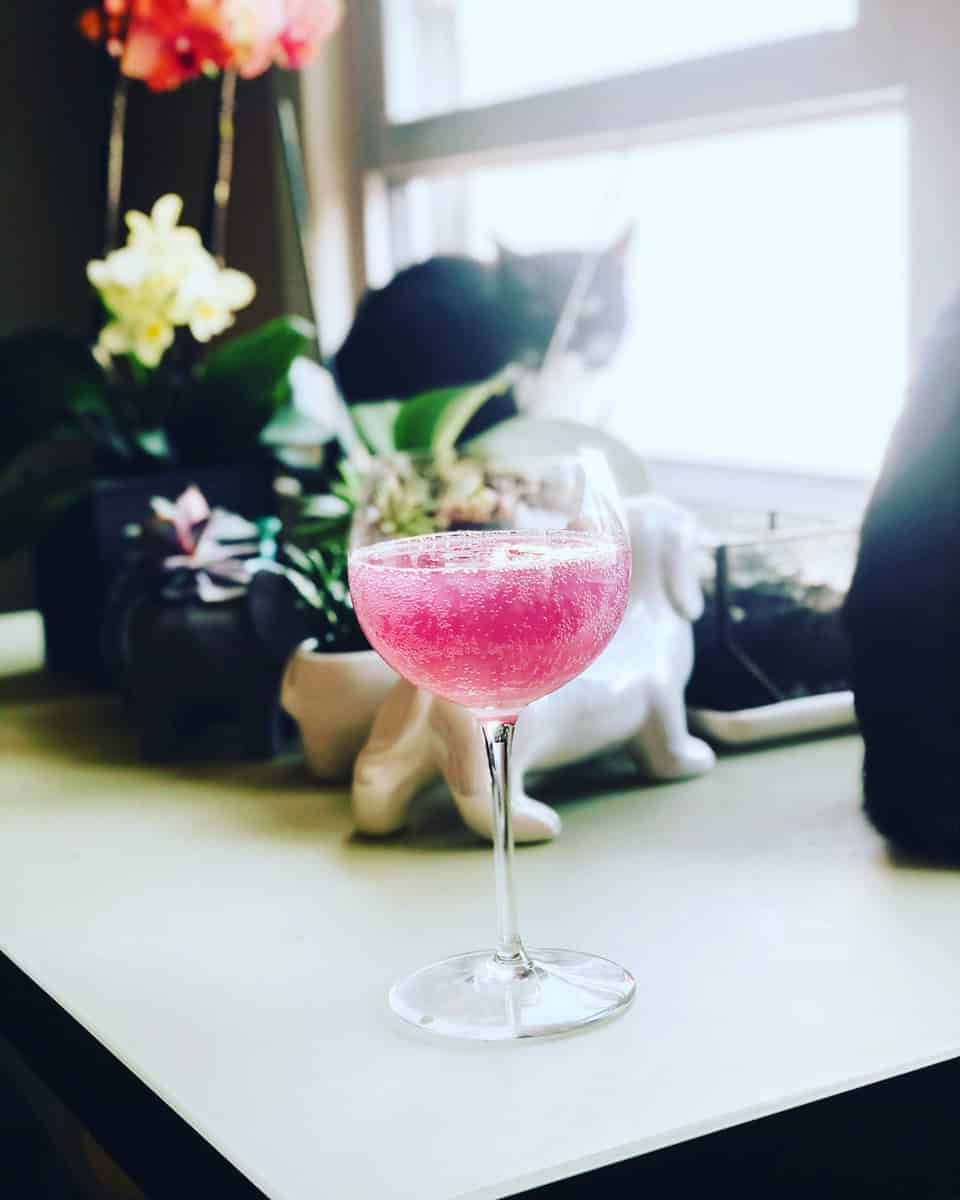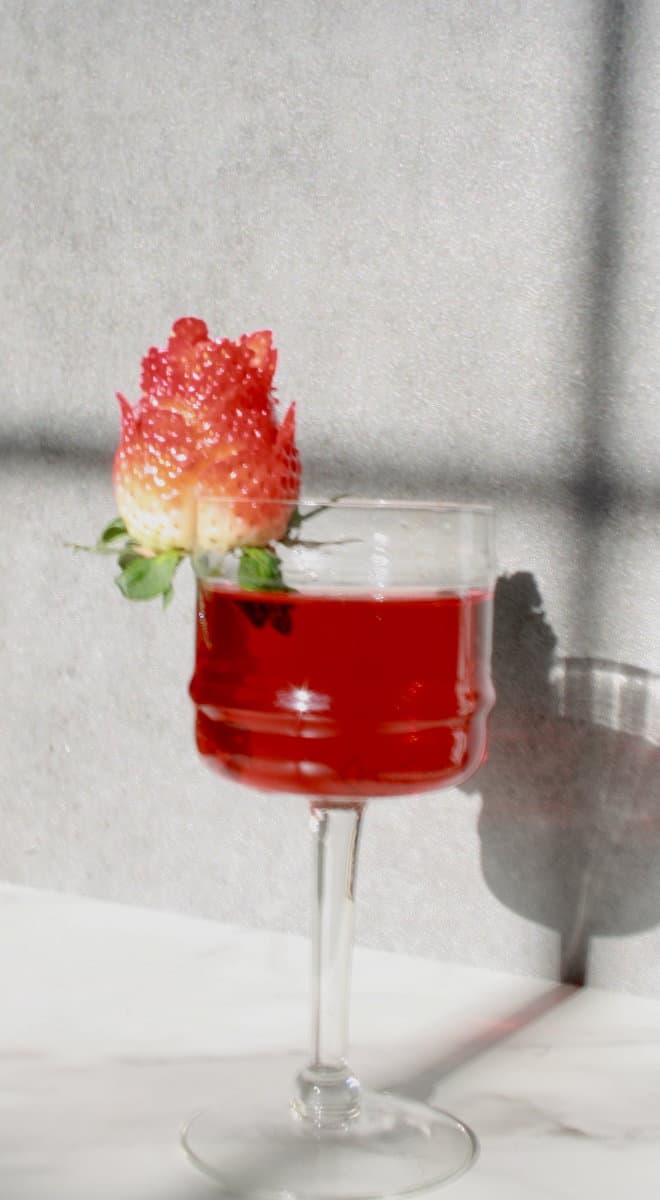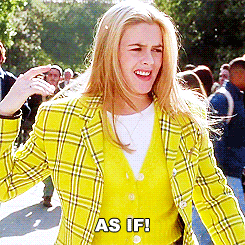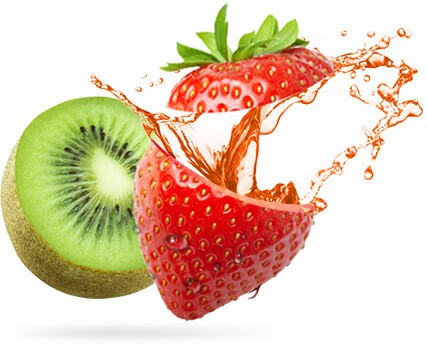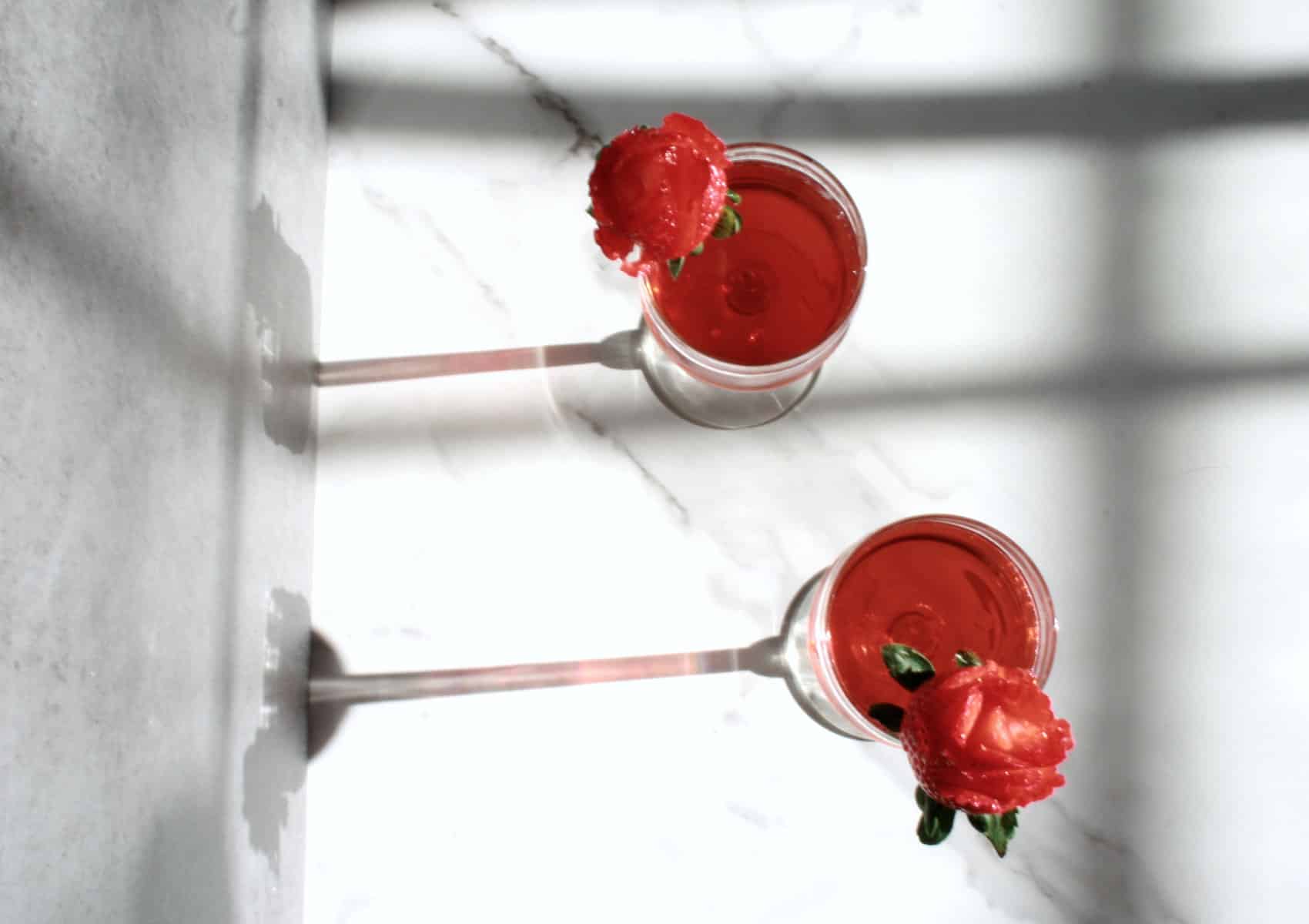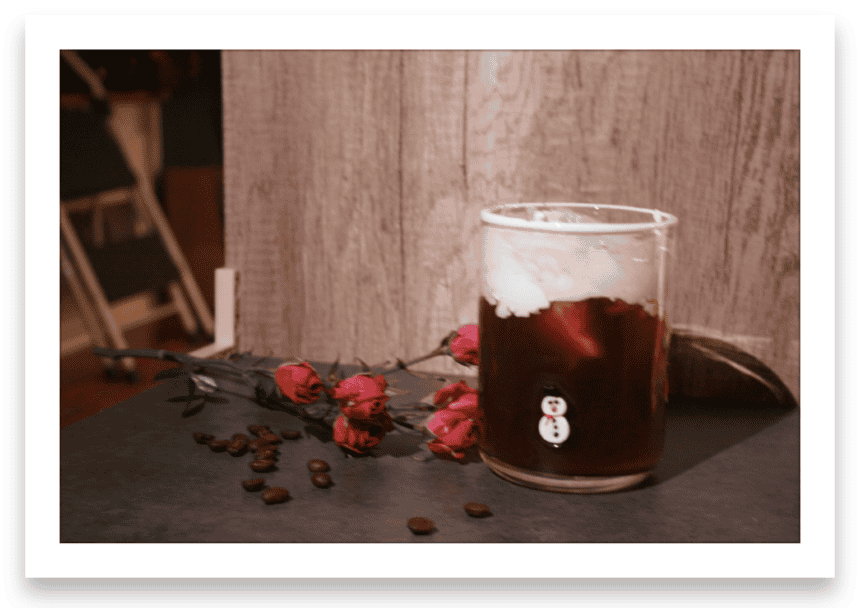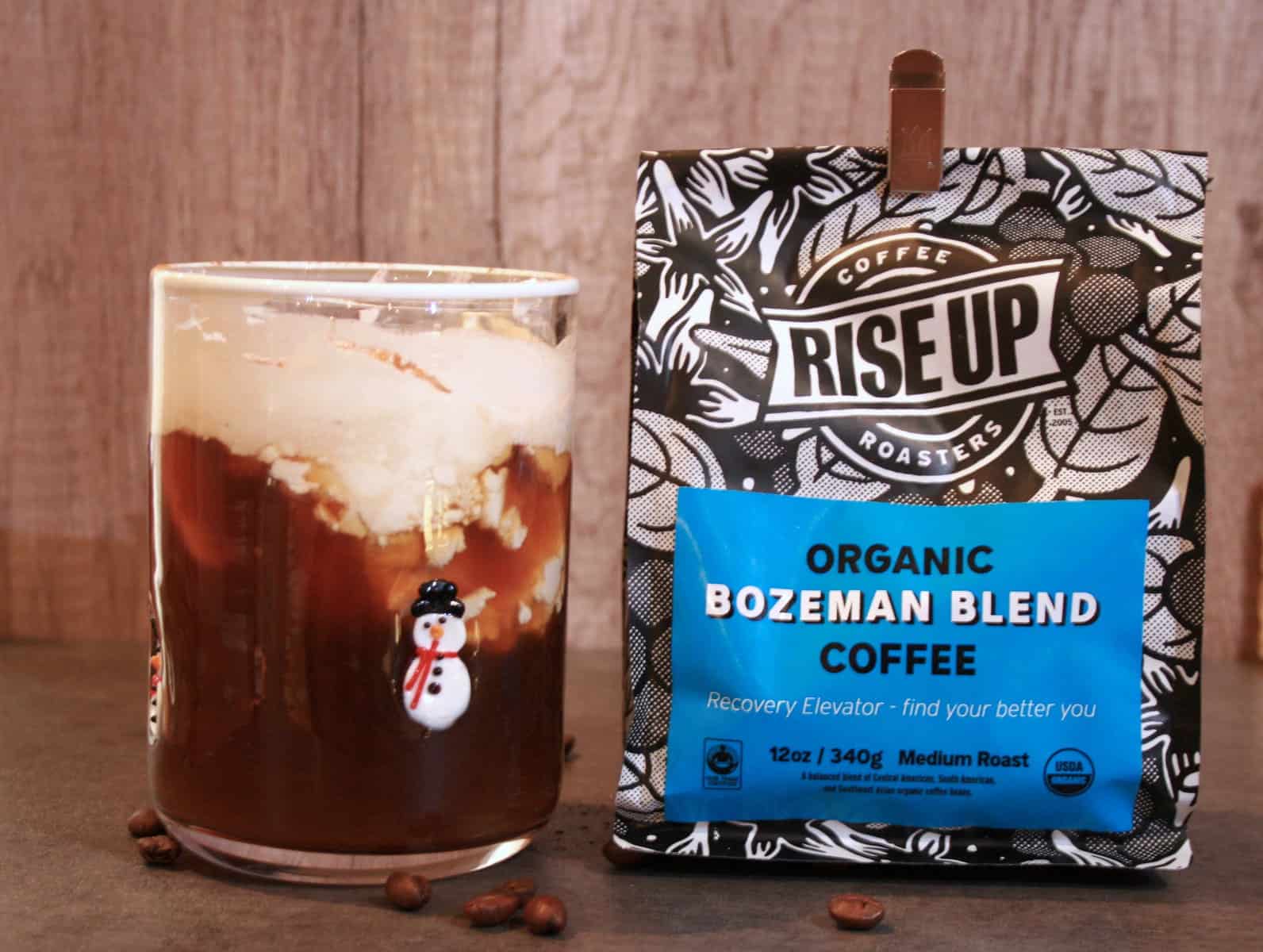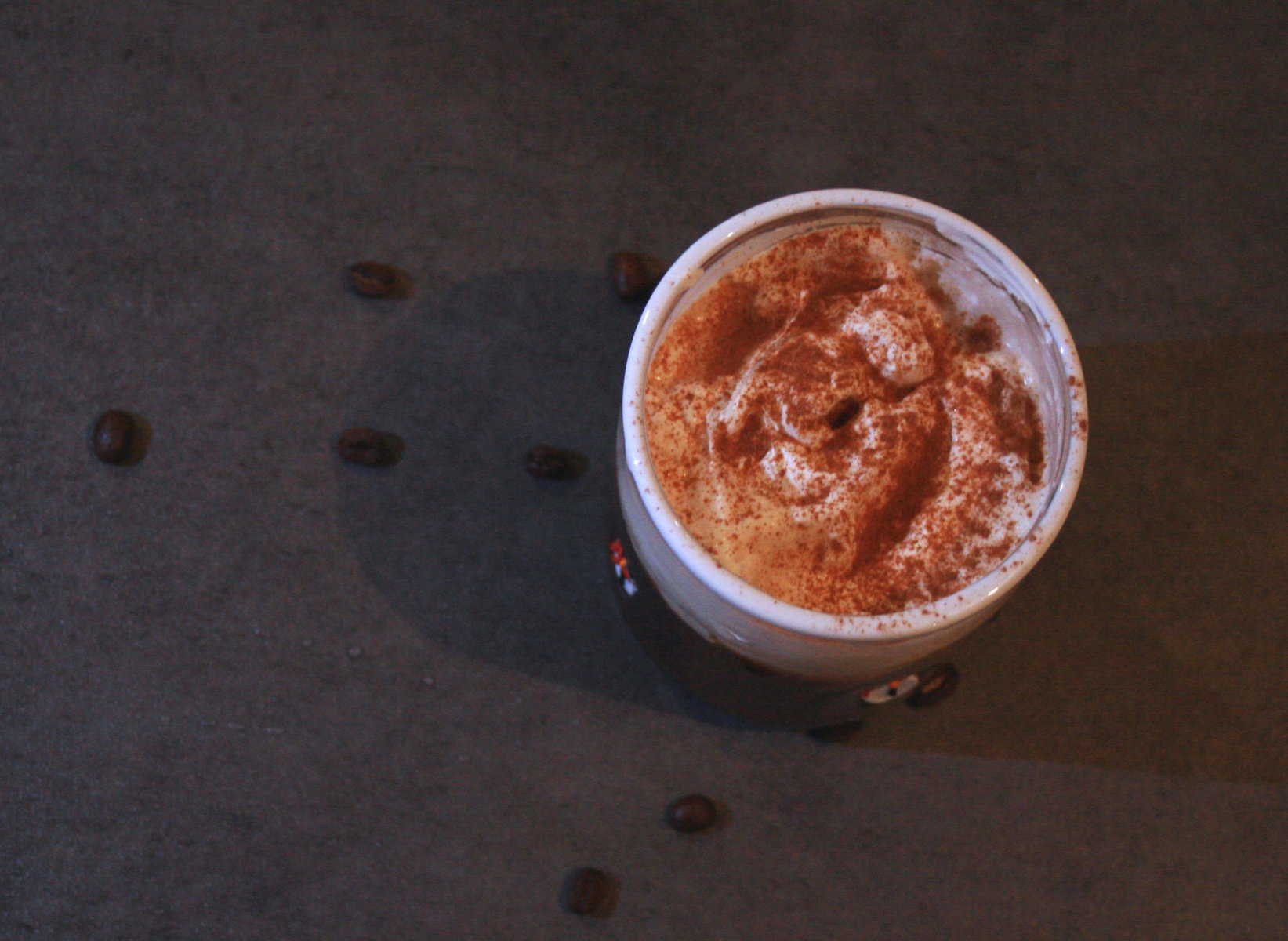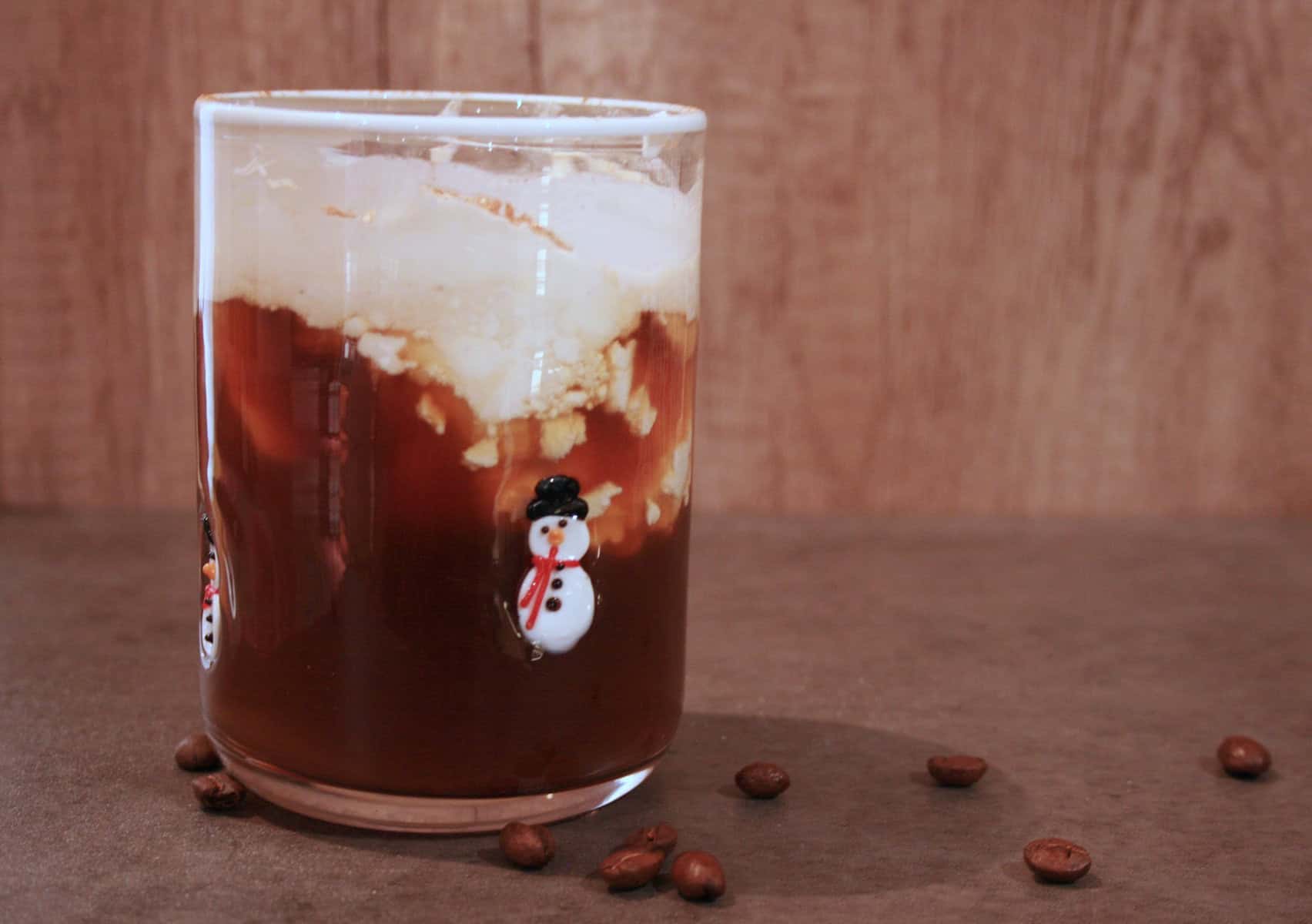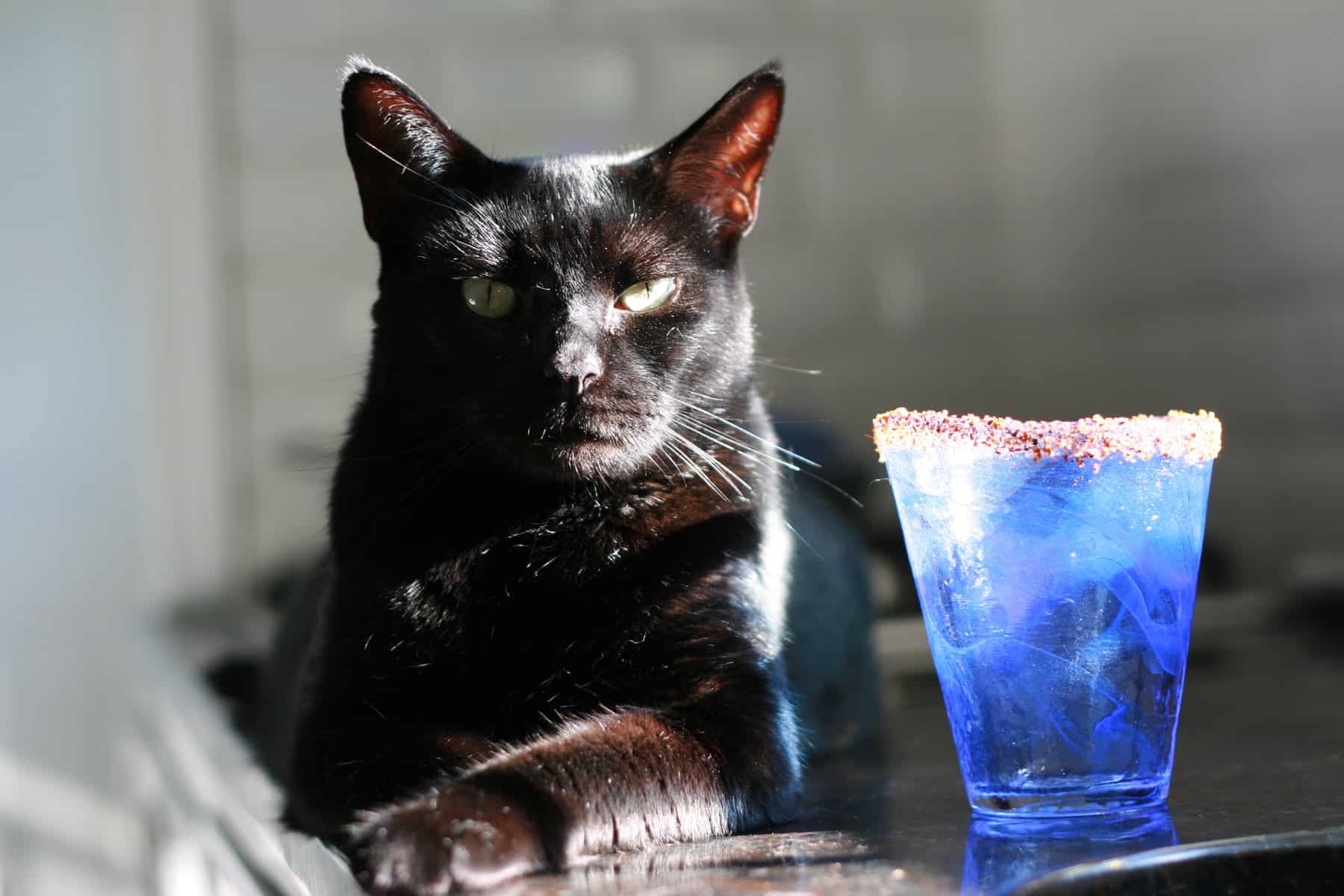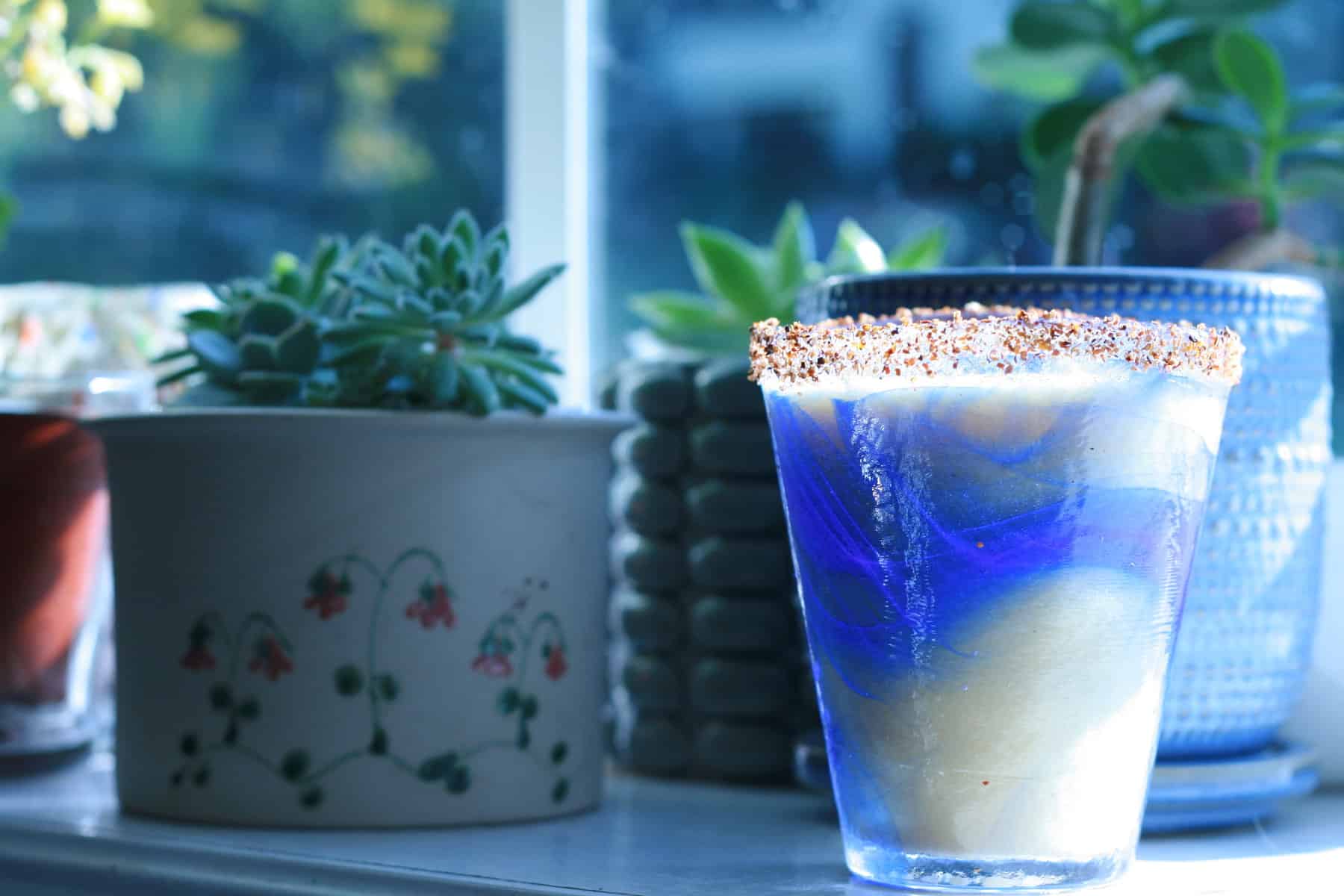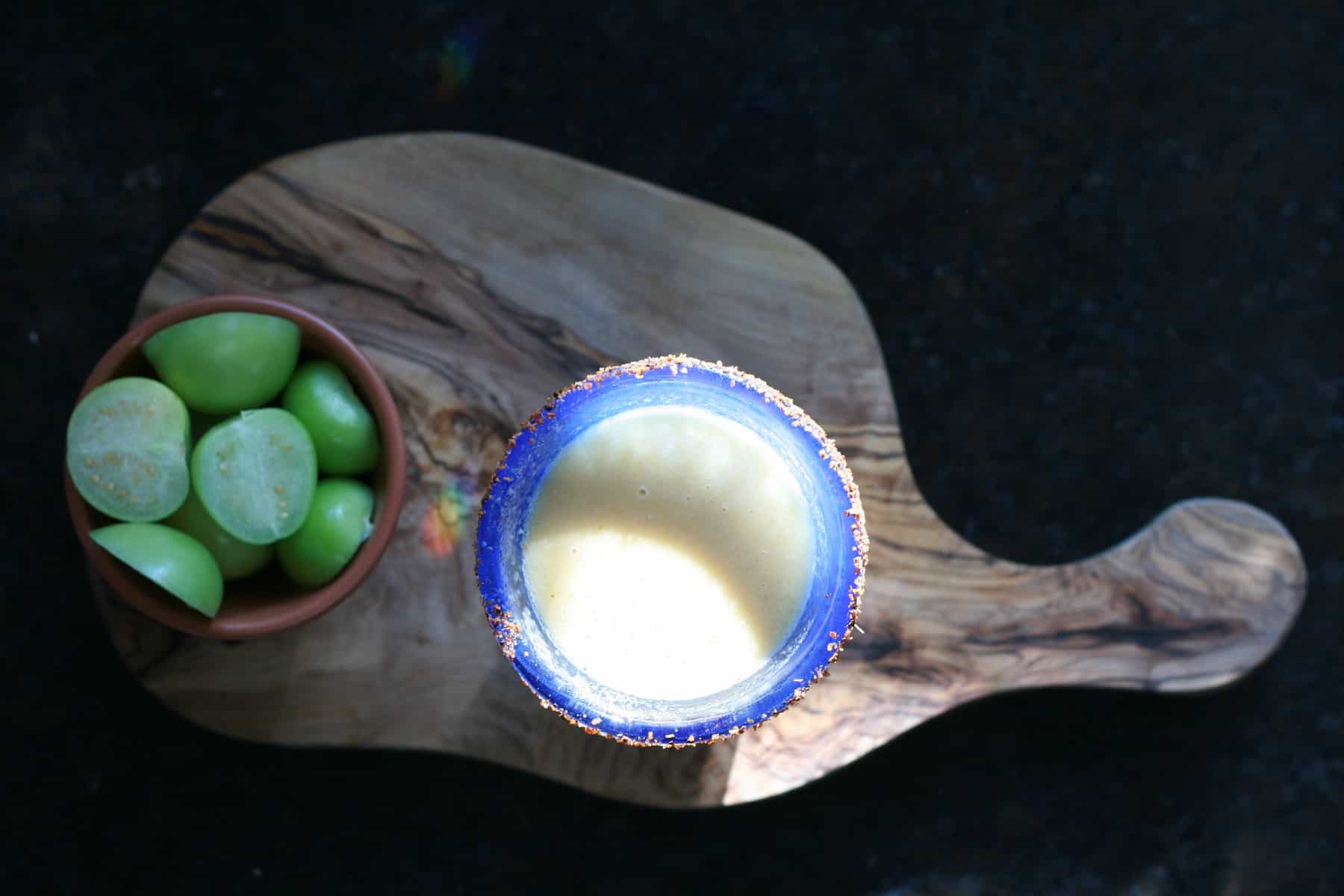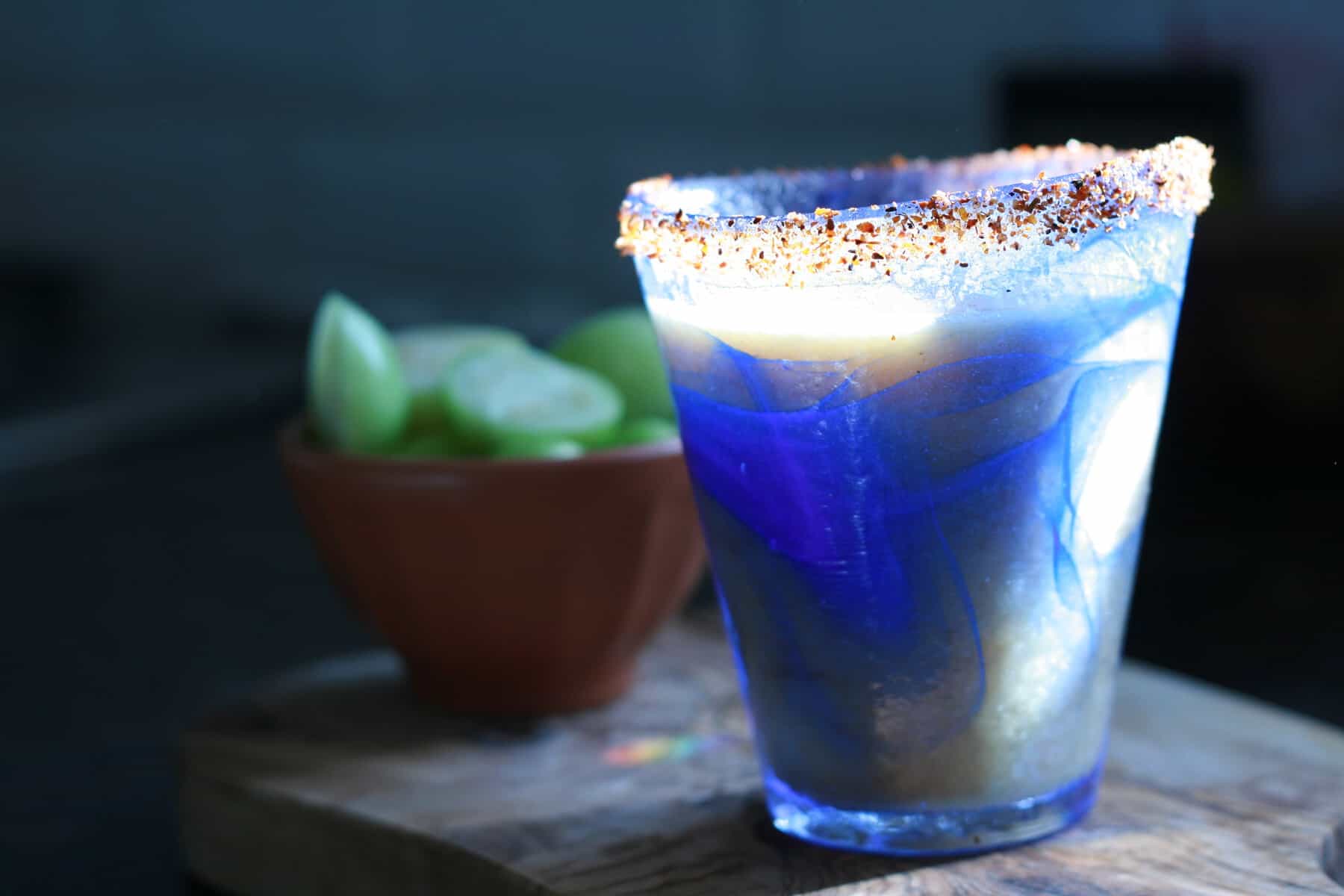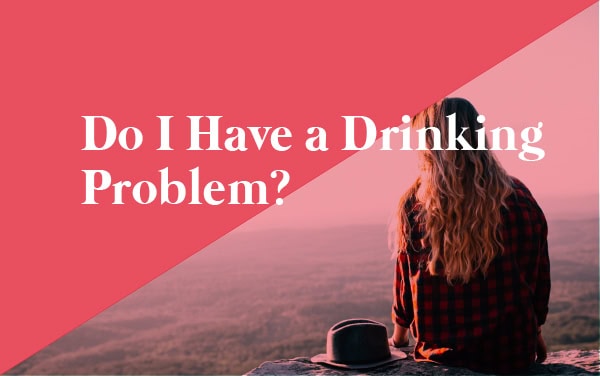
by Kerri MacFarlane | May 15, 2023 | Alcohol Free, Blog, Helpful Tips, Resources
Today is the day! Today is the day we are going to find out if you have a drinking problem…or not. Are you ready?
For Paul, when it finally sunk in that he did indeed have a drinking problem (and a good one at that!) two things happened.
First…he was like, “Oh F&#K!”
Then…immediately after, as this truth spread into his body, to his bones, to his conscious, his unconscious, to the heart, to the liver, something neat happened. An incredible amount of energy was instantly liberated.
For two reasons.
- The stigma or label of an alcoholic didn’t change who he was. He was still alive.
- But more importantly…all the energy, the incessant thinking he had of…
- Do I drink, or not?
- Do I have a problem, or not?
- How am I going to control my next session of drinking?
- How am I going to hide it?
- Let’s do our best not to black out before 8 pm.
- Do I have enough shitty box wine back home?
- Let’s not let people know we’ve already had 9 drinks before meeting up at the bar.
ALL of that went away instantly.
In fact the worst place a person can be with a drinking problem is in limbo. The do I or don’t I phase. (Paul covers this in Episode 417).
So for this diagnostic, we are going to use the test listed in the DSM 5, or the diagnostically statical manual which is what most psychologists and/or therapists have somewhere on their shelves.
There’s 11 YES or NO questions. If you answer YES to 2 of the questions, if you meet 2 of the 11 criteria, within the past 12 months, they call it an Alcohol Use Disorder.
THE TEST
- Do you sometimes have difficulty controlling how much you drink or for how long you drink alcohol?
- Have you made unsuccessful attempts to cut down your drinking?
- Do you sometimes spend a significant amount of time drinking or recovering from drinking?
- Has your alcohol use had any negative consequences at home, school, or work? (Have you ever lost time off work because of your drinking?)
- Has your alcohol use had any negative consequences to your relationships or social life? (Have you ever concealed how much you drink? Has anyone ever commented on your drinking?)
- Have you continued to use despite any negative consequences?
- Have you put off things or neglected to do things because of your alcohol use? (Have you ever disappointed your family or friends? Have you ever missed a family event?)
- Do you occasionally have strong cravings for alcohol?
- Has your tolerance for alcohol increased? Are you able to drink more than you did before?
- Have you experienced withdrawal symptoms the next day after drinking? (Have you ever been shaky or sweaty that evening or the next day?)
- Has your alcohol use led to any dangerous situations? (Have you ever been charged with impaired driving?)
Paul has always strived to be a good student, and was “happy” to report a score of 100%. 11/11. For shits and giggles, let’s’ cover what it means if you didn’t ace this like he did.
WHAT IT ALL MEANS
The presence of at least two of these symptoms means you have an AUD. If you have two to three symptoms, it’s considered mild; four to five symptoms is considered moderate; six or more symptoms is considered severe. (If you don’t fall into the severe category, a mild diagnosis can still warrant concern, as it may be the start of a larger problem.)
A couple things before we wrap this up. If you have a drinking problem, life isn’t over…in fact, it’s just beginning.
Some of you may have just learned you have a drinking problem. If this is devastating to you, go to Episode 411 where Paul talks about the grateful alcoholic.
Paul had one more bit of info in his notes from Episode 428 If you find yourself listening to a sobriety podcast (or reading this blog), and you’re not a therapist, a doctor, or listening so that you can support a loved one, then YOU have a drinking problem. If you question whether or not you have a drinking problem, you just answered that question. The bigger question is…what are you going to do about it?
***Taken from Recovery Elevator Podcast, Episode 428, host Paul Churchill***
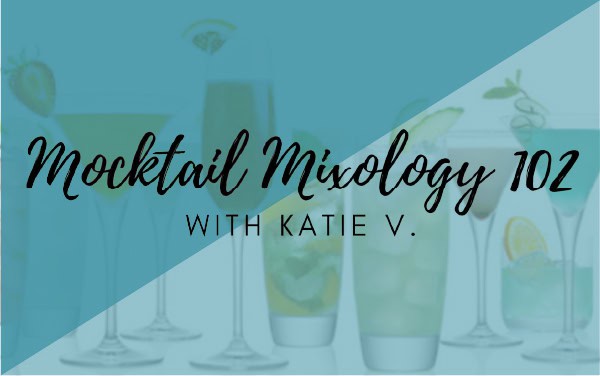
by RE Helper | Apr 16, 2023 | Alcohol Free, Blog, Mocktail, Recipe
I hope I’m not disappointing my 4 readers (hi Roxanne, Robyn, Kerri and Trisha!) No mocktail recipe this month. But I will throw in my favorite homemade ice cream recipe as of late for a little change up. Lately my mocktails have been top secret as I’ve been writing one for a friend that’s getting married this month.
Being my reflective self, I realized that it 2 years ago exactly I hosted my first a mocktail class with Café RE. I’m really proud of myself for becoming comfortable enough with myself to be known as someone who makes mocktails. And not just mocktails, but delicious ones that people request.
We can say it, Sobriety is weird sometimes. How do you make friends? What do you do with your hands?
When does my “ASK MY ABOUT MY BEING SOBER” tee shirt arrive that is now a requirement to wear to all parties?
All of a sudden you can feel 14 again, but actually be 39. So figuring out who you are next can be hard and takes some time to get comfortable in a new skin. I liked to make and drink cocktails before I stopped drinking, so why should that stop just because there’s no more booze in my drink? Happy to be making cocktails still.
All that said and now here’s your recipe for this month.
Birthday Cake Ice Cream
Serves 1 (because Ice cream isn’t meant for sharing)
Ingredients
- 2 C heavy cream
- 1 C whole milk
- ¾ C sugar
- ⅛ t sea salt
- 1 t vanilla extract
- 1 t almond extract
- 1/4 cup sprinkles or jimmies
1- Pour 1 cup of the cream into a saucepan and add the sugar, salt and vanilla. Warm mixture over medium / low heat until the sugar has just dissolved. Remove from the heat and add the remaining cream, milk, and almond extract. Stir to combine and chill in the refrigerator for 2 hours.
2- Once chilled Whisk mixture and pour into ice cream maker. Make according to manufacturer’s instructions. Last 5 minutes add sprinkles and finish churn.
3- Eat.
Until next time!
Love and Mocktails,
Kate
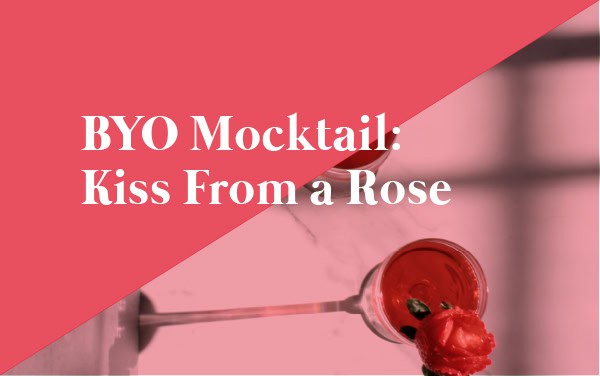
by RE Helper | Feb 15, 2023 | Alcohol Free, Blog, Mocktail, Recipe, Resources
This past year I have been working for a large international women’s retail clothing store. I have the first hand knowledge of how fashion is coming back around… the good and the bad. The return lately has been to the fashion of the early 90s, grunge but with a little more sophistication and polish.
While I am not loving the low rise jeans that are back (can we please just not) and overalls, I am loving the return of Clueless and Cher’s plaid suit, slip dresses, a cropped sweatshirt and a good bias cut.
Having my head so firmly in the 90’s and a lot of time on my hands has led me to day dreaming back to that magical time as well. In my high school, before parents worried as much about what we ate during the day, I would buy a Snapple Kiwi Strawberry drink everyday for $1.25 and drink it with my lunch. Something sweet and tart at the same time really hit the spot.
I think I just heard the 3 people who
read this blog get really excited!!
They know where this is going!
Kiss from a Rose
Serves 2
Prep time: 15 minutes + cooling time
Ingredients Simple Syrup
- Handful of strawberries, rough chopped
- 2 Kiwis peeled and rough chopped
- 1/2 c. sugar
- 1/2 c. water
Additional Ingredients
- Seltzer of your choice
- 1t of balsamic syrup
To make the syrup
Add all ingredients to a pan and bring to a boil over medium head, stirring until the sugar is dissolved. Once boiling reduce heat and let simmer for 10 minutes. Strain and allow to cool. Store in an airtight container in the refrigerator for up to 1 month
To make the cocktail
Add 1T of the simply syrup, add 1t balsamic syrup (try a berry flavored one) top with seltzer of your choice and stir.
The Recovery Elevator podcast last week was about the AF beverage (S4 / E416), go check it out and let us know where your feelings lie on this!
Love and Mocktails,
Kate

by RE Helper | Nov 14, 2022 | Alcohol Free, Blog, Holidays, Mocktail, Recipe, Resources
Who else feels the last three months of each each really blend together…starting with Costume-palooza all the way through “New-Year-New-Me!”?
I love a good party just as much as the next person, but I also need to focus on the traditions that unique to my family. The holiday decorating has been happening earlier and earlier every year, and this year is no exception.
It becomes important to keep traditions.
I like to do most of our end of year things with a warm drink in my hand. Recovery Elevator was lucky enough to have Rise Up Coffee roast us a special Bozeman Blend this year and I used that in my recipe today.
This drink can be enjoyed hot or cold, but I almost always drink it hot. The dichotomy of cold whipped cream and hot coffee with a touch of malted flavor is something that reminds me of holidays at home.
All Snowed In (AF)
Serves 1
Prep time: 5 minutes
Ingredients
To make the drink
Combine all ingredients, stir, top with whipped cream, sprinkle with cinnamon. Enjoy by the fire.
What are some traditions you keep and still love?

by Kerri MacFarlane | Oct 15, 2022 | Alcohol Free, Blog, Helpful Tips, Resources, Science and alcohol
Let’s talk about science and alcohol. It’s a pretty interesting and popular subject when the topic of recovery and sobriety gets brought up.
But let’s keep in mind that it’s not enough to rely on science and information to ditch the booze. Yes, it’s interesting and knowledge is power, but please don’t solely rely on knowledge, science and information alone to quit drinking. If we could read or listen ourselves out of a drinking problem, well, the problem would be solved. ??
Paul loves the science part of addiction and recently did a podcast intro on just that. (RE Episode 396)
Paul got most of his info from a fantastic podcast episode from the Huberman Lab Podcast, What Alcohol Does to Your Brain, Body & Health| Episode 86. I highly recommend you check it out and listen when you get a chance…Dr. Huberman goes into great detail in this 2 hour episode and even those without a drinking problem will find it interesting and beneficial.
Andrew Huberman, Ph.D., is a neuroscientist and tenured Professor in the Department of Neurobiology at the Stanford University School of Medicine.
Alcohol and the brain. ??
Alcohol has many biochemical and neurochemical effects on the brain. There are dramatic changes in the neurons that control the release of serotonin when we consume alcohol. Serotonin is the feel good chemical and 80% of it is created in the gut. When we mix alcohol and serotonin it gets converted into acetaldehyde. Acetaldehyde damages your DNA and prevents your body from repairing the damage. A toxic buildup of acetaldehyde can increase your cancer risk.
This acetaldehyde acts as a toxin at the very synapses and the connections between the serotonergic neurons and lots of other neurons. In other words, when we ingest alcohol, the toxic effects of alcohol disrupt those mood circuitries.
It does this first ☝?by making them hyper active.
This is why people become happy or more talkative after a couple of sips of alcohol. But when the alcohol wears off the serotonin levels and the activity of brain circuits really start to drop and this is why most people head to the bar for a second round. Now typically what happens when people ingest their 3rd, 4th or 5th drink, there is an absolute zero chance of them recovering that energized mood they experienced on the first drink. Most people, when they drink more and more, begin to feel suppressed ?. The front part of the brain, the frontal cortex, is starting to shut down. The motor areas of the brain that control motion and basic functions begin to slow.
This is the slurred speech, the swaying back and forth, the classic drunk shuffle. People begin to lean on things, uncomfortable benches seem like a good place to spend the night. There is a great depression, not of the psychiatry sort, but a depression of alertness and arousal, and eventually people begin to pass out. ?
Here’s one big way that alcohol changes your brain chemistry.
Alcohol changes the relationship between the hypothalamus, the pituitary gland and the adrenals. The hypothalamus, which is about the size of a gumball and sits above the roof of the mouth, provides a specific set of signals for the pituitary gland…which then releases hormones into the bloodstream that go and talk to you adrenals which sit right above your kidneys in your lower back. The adrenals release a chemical called epinephrine and cortisol which is involved in the longer term stress response.
The hypothalamus, the pituitary gland and the adrenals maintain the physiological balance of what you perceive as stressful. People who consistently drink are more stressed out at baseline then sober peeps. They have more cortisol released from their adrenal glands even when they are not drinking. And a consequence of this is they feel more stressed and feel more anxiety when they are not drinking. Most medical professionals will agree that stress is the number one contributor to disease.
Let’s talk about blackouts for a second. Blacking out is not passing out. When we overload the brain with alcohol, it’s almost too much to process and the activity of neurons in the hippocampus, which is involved with memory formation, are strained and then they completely shut off. As in you no longer form memories. You are still awake and can still be functioning, some high functioning, but the memory forming part of your brain, the hippocampus, clocks out.
Now…to genetic predisposition…
Side note, Paul doesn’t believe in genetic predisposition to alcoholism. He used to, but now he doesn’t.
Addiction guru Dr. Gabor Mate’s teaching rebukes the genetic myth. Dr. Mate feels all addictions are trauma responses. What helped Dr. Mate reach this conclusion was his studying of twins who have the same genetic makeup. He also studies twins with the same genetic makeup who are separated at birth. His conclusion is that all addictions are environmental responses, or coping behaviors that allow people to survive in unhealthy environments.
Dr. Bruce Lipton, who is coined the father of Epigenetics in the 90’s, would also agree with this. Epigenetics says it’s the environment that controls the expression of genes and gene mutations. In addition, it’s the environment that cues anxiety, depression, addiction, auto immune responses, cancers, inflammations, and not genetics. The classic Rat Park experiment by Bruce Alexander in the 70’s also shows addictions are environmental.
Paul says, “I am on board with this approach and even in the past 8 years doing Recovery Elevator, I’ve seen the pendulum slightly shift in this direction.” What we’re seeing now, is our biological makeup is much more adaptive and reflexive to environments than previously thought. Again, Paul feels, most addictions are trauma based. They are adaptive behaviors. Another reason he doesn’t think alcoholism is genetic is because alcoholism is rapidly on the rise. Gene’s take thousands, millions of years to evolve. Gene’s can’t explain the ten fold increase in alcoholism we’ve seen in the last couple centuries.
That being said, we do want to share different perspectives on alcoholism.
Dr. Huberman feels alcoholism is genetic. He does mention that there is no blood test, fingerprint test, or bio marker to indicate this addiction gene. Dr. Huberman says the best way to “identify” alcoholics and non alcoholics is by putting drinkers in two bins. One bin is the group of people who have a couple of drinks and then get tired with a nodding head, or they feel sedated. The other bin of people is the group that has a couple of drinks and gets energized and are not sedated. The drowsy group after a couple drinks are your normal drinkers. The let’s go streaking in the quad and bring your green hat group are the future alcoholics.
Is it genetic based, or trauma based. Most likely it isn’t 100% one or the other. It’s most likely a combination of 57,680 different things.
Again, we don’t recommend getting too caught up in all this. At the end of the day, you’ve got a drinking problem. Knowing what alcohol does to your prefrontal cortex isn’t going to keep you sober in the long run.
Find what works for you…and go with that!
***Taken from Recovery Elevator Podcast, episode 396, host Paul Churchill***
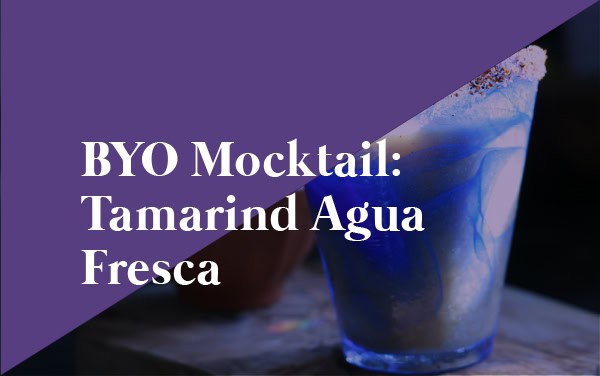
by RE Helper | Sep 18, 2022 | Alcohol Free, Blog, Helpful Tips, Mocktail, Recipe, Resources
At this point it sounds cliche, 2022 has been an a$$ kicker of a year. I’m very tired, but I’m also very sober, still. Sober because I was lucky enough to have built a large toolbox which I relied on a lot this year. When I tell you that I used ever single tool in there… I am not lying.
2022 has been the year I almost drank.
Fangwell judging me and also probably you.
For the most part I hang out with my pets and my husband. But among the highlights was a cruise to Alaska and I went to Bozeman to hang out with my sober friends, who are now like family.
Returning home, all I want to do is spend the long days of the end of summer on my back porch drinking something fancy and refreshing.
Therefore, I keep my mixing simple and to the point. I used fruit to keep it sweet and a topper of your choice of seltzer makes it unique!
Tamarind Mango Agua Fresca (AF)
Serves 2
Prep time: 5 minutes
Ingredients
- 1⁄2 cup Tamarind Nectar
- 1 t Tamarind puree
- 1⁄2 cup frozen mango
- 1 t honey
- 2T Tajin
- Fizzy water (your choice of flavor)
To make the drink
1- In a blender place the nectar, puree and frozen mango. Blend until smooth.
2- Rub the honey along the rim of the glasses and then dip the edges into Tajin.
3- Divide the mixture evenly and top with the fizzy water.




